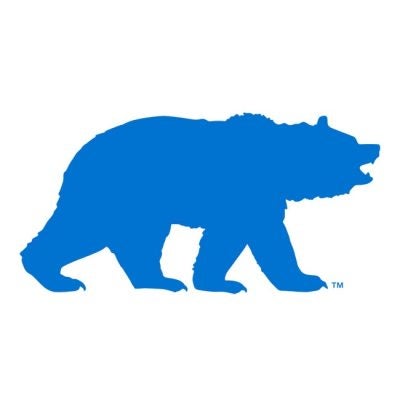RemoteRF: An Active Learning Platform for Undergraduate and Graduate Courses on Wireless Communication and Signal Processing
This Tier 3 Catalyst proposal seeks support from TLC to further develop an innovative teaching platform called RemoteRF, which enables scalable active learning of electrical engineering curriculum. The principal advantage of the RemoteRF platform is that it allows each student in virtually any sized class to remotely access an instrument called a software-defined radio (SDR) to complete hands-on lab assignments. Given that SDRs are too costly to be purchased for/by each student, the RemoteRF platform serves as a mechanism for dozens of students to systematically time-share a handful of SDRs. Upon connecting to the RemoteRF server through their personal computers, students can reserve and then remotely access its SDRs during desired time slots. This allows students to complete active learning lab assignments that parallel course lectures and master the fundamentals of wireless communication by implementing key concepts on real-world wireless platforms. Since the RemoteRF server runs continuously and is accessible via the UCLA network, students can complete their labs anytime and virtually anywhere using the campus VPN. A proof-of-concept of this platform was recently developed and successfully trialed for 60 undergraduate engineering students this past winter in EC ENG 132A. This trial confirms that RemoteRF can indeed serve as an equitable, scalable, and effective approach to integrating hands-on learning into undergraduate and graduate courses on wireless communications. This proposal seeks funds to scale and extend the RemoteRF platform to a more robust, extensible, and powerful teaching tool for multiple engineering courses and summer camps led annually by the instructor. Once mature, instructors at schools in southern California and across the globe will be able to adopt RemoteRF to enhance their course offerings in a cost-effective, sustainable manner.
